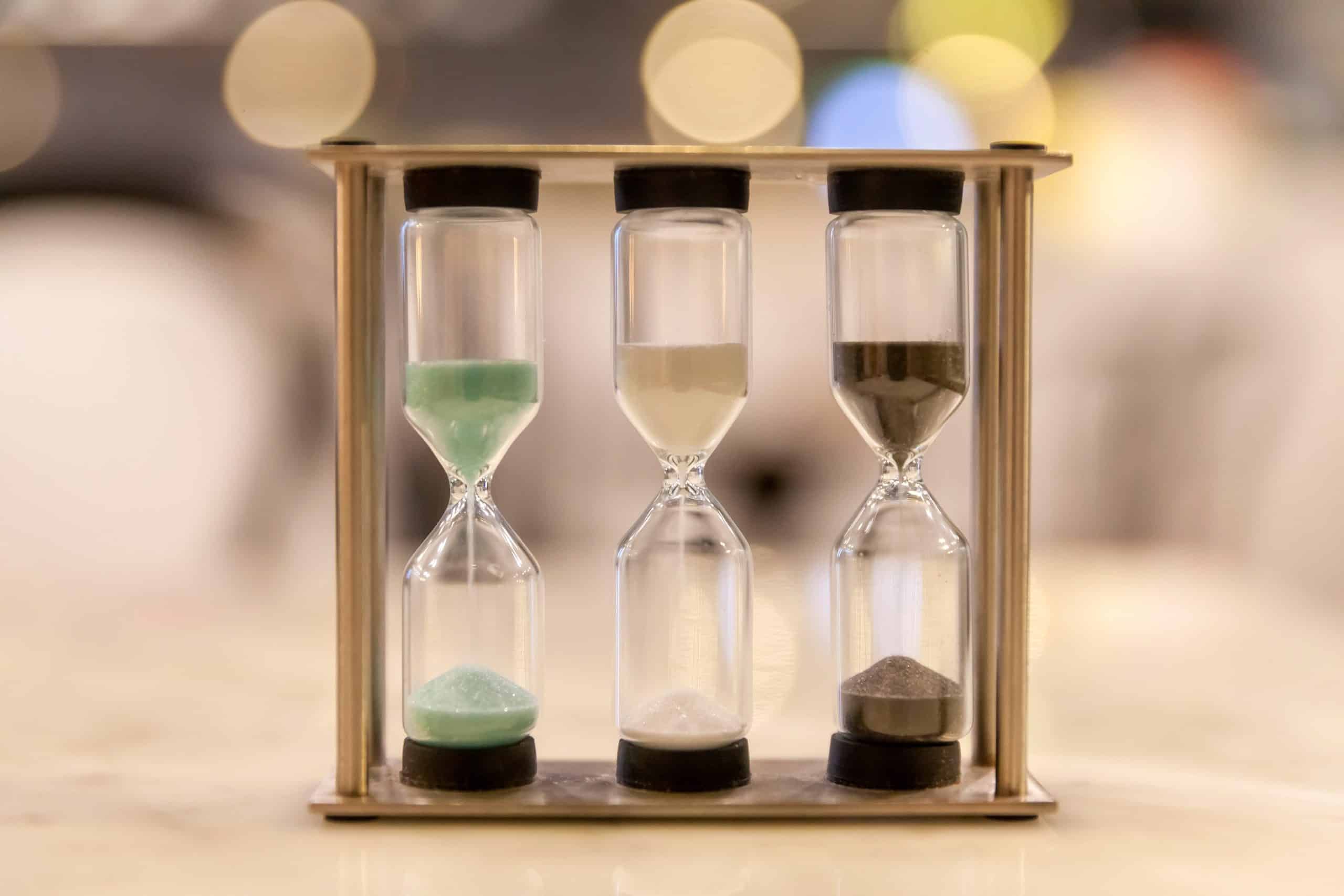What Are the Impacts of Nutrient Timing Around Exercise on Muscle Recovery and Growth?

When it comes to building muscle and enhancing performance, the role of exercise cannot be emphasized enough. But what about the role of nutrition? More specifically, how does the timing of nutrient intake around a workout session affect muscle recovery and growth?
As you delve into the realm of sports nutrition, you’ll find that there’s a lot of information to sift through. From the importance of protein intake for muscle synthesis to the role of carbohydrates in replenishing glycogen stores, the world of exercise and nutrition is complex and wide-ranging.
Also to discover : How Can Smartphone Health Apps Influence Medication Adherence in Hypertensive Patients?
However, one area that has been the subject of a significant amount of research is nutrient timing. Nutrient timing refers to the concept of consuming specific nutrients, including protein and carbohydrates, around your exercise sessions to optimize muscle recovery and growth.
To help you fully understand this concept, we’ll use evidence from respected resources including Google Scholar and PubMed. We’ll provide you with an overview of the scientific research on nutrient timing, and explain how it impacts your body, your training, and ultimately, your performance.
Also read : How Can Virtual Group Fitness Classes Improve Access to Exercise for Remote Workers?
The Role of Protein in Muscle Recovery and Growth
What is the role of protein in muscle recovery and growth?
As you may already know, protein is an essential nutrient that plays a vital role in various bodily functions, including the growth and repair of muscle tissue. Following a bout of resistance training, your body initiates muscle protein synthesis, which is the process of repairing and building new muscle tissues.
Research published in the Journal of Applied Physiol suggests that protein ingestion post-exercise can enhance muscle protein synthesis, promoting faster recovery and muscle hypertrophy. In fact, studies published on Google Scholar and PubMed indicate that consuming enough protein post-workout can lead to significant improvements in muscle recovery, muscle growth, and overall strength performance.
However, the timing of protein intake plays a key role in this process.
Timing of Protein Intake and Its Impact on Muscle Recovery and Growth
You’ve learned about the role of protein in muscle recovery, but how about timing? Does it matter when you consume this important nutrient?
Research seems to suggest it does. A study published on the Google Scholar database showed that consuming protein immediately after a workout can stimulate muscle protein synthesis to a greater extent than if consumed a few hours post-exercise. This means that the timing of protein intake after a workout can significantly affect muscle recovery and growth.
The "anabolic window," as it is often referred to, is a short period post-exercise when your body is primed for nutrient absorption. Consuming protein during this time can enhance muscle recovery and promote muscle growth.
The Role of Carbohydrates in Muscle Recovery and Performance
Protein isn’t the only nutrient that’s important for muscle recovery and performance. Carbohydrates, the body’s primary source of fuel, are also crucial.
When you exercise, especially during high-intensity workouts, your body utilizes glycogen, a form of stored carbohydrate, for energy. After a strenuous workout, your glycogen stores are depleted, which can lead to muscle fatigue and a decline in performance.
By consuming carbohydrates post-exercise, you can replenish your depleted glycogen stores, aiding in faster recovery and enhanced performance in subsequent workouts.
Timing of Carbohydrate Intake and Its Impact on Muscle Recovery and Performance
Just like with protein, the timing of carbohydrate intake can significantly affect muscle recovery and performance.
Research published on PubMed shows that consuming carbohydrates immediately after exercise can enhance glycogen resynthesis, leading to faster recovery. Moreover, combining carbohydrates with protein post-exercise appears to stimulate muscle protein synthesis more than consuming protein alone, leading to greater improvements in muscle recovery and growth.
The Overall Impact of Nutrient Timing on Muscle Recovery and Growth
By now, it should be clear that nutrient timing can have a significant impact on muscle recovery and growth. Consuming protein and carbohydrates post-exercise can enhance muscle protein synthesis, replenish glycogen stores, and ultimately, improve your performance.
However, it’s important to note that nutrient timing isn’t the be-all and end-all of sports nutrition. It’s just one piece of the puzzle. A well-rounded diet that provides adequate amounts of all nutrients is essential for optimal muscle recovery and growth, regardless of timing.
So, next time you complete a tough workout, remember the role of nutrient timing. A post-workout meal or snack that combines protein and carbohydrates could make a significant difference in your recovery and muscle growth.
Adequate Timing of Pre-Exercise Nutrient Intake and Its Effects on Muscle Recovery and Growth
While the timing of post-exercise nutrient intake is critical, let’s not forget the importance of pre-exercise nutrient consumption. Are pre-workout nutrients crucial for muscle recovery and growth? What is the best timing for consumption?
Research published on PubMed and Google Scholar shows that pre-exercise nutrient intake can significantly influence your body’s physiological responses to resistance exercise. More specifically, consuming protein and carbohydrates before a workout can provide the necessary fuel for your body, leading to enhanced performance during the workout session.
Amino acids, the building blocks of protein, are essential for muscle protein synthesis. Consuming protein pre-exercise can provide your body with a steady stream of these amino acids, supporting muscle protein synthesis during your workout. This can prevent muscle protein breakdown, promoting better muscle recovery and growth.
Furthermore, studies suggest that pre-exercise carbohydrate intake can increase muscle glycogen stores, providing more fuel for your workout session. This allows you to exercise at a higher intensity for a longer duration, which can lead to better muscle growth.
The timing of your pre-exercise nutrient intake also plays a crucial role. Consuming a carbohydrate-protein meal about 2-3 hours before your workout can ensure that the nutrients are properly digested and absorbed, providing optimal fuel for your workout.
The Conclusive Impact of Nutrient Timing on Muscle Recovery and Growth: A Summary
In conclusion, the timing of nutrient intake around exercise is a significant factor influencing muscle recovery and growth. Consuming protein and carbohydrates both pre-exercise and post-exercise can enhance muscle protein synthesis, replenish muscle glycogen stores, and ultimately, improve your body composition and performance.
Research from reliable resources like PubMed and Google Scholar underscores the impact of nutrient timing. Consuming protein post-exercise can optimize muscle protein synthesis, leading to better muscle recovery and growth. Similarly, consuming carbohydrates post-exercise can replenish depleted glycogen stores, aiding in faster recovery and improved performance.
Adequate pre-exercise nutrient intake, including protein and carbohydrates, can also contribute to improved performance during resistance training and enhanced muscle recovery and growth. It provides the body with the necessary fuel and amino acids, supporting muscle protein synthesis and preventing muscle protein breakdown.
However, it’s essential to remember that while timing is important, the quality and quantity of your nutrient intake are equally, if not more, critical. A well-rounded diet that provides adequate amounts of all nutrients is essential for optimal muscle recovery and growth.
So, as you embark on your journey towards improved performance and muscle growth, keep in mind the importance of nutrient timing. Consuming a balanced meal or snack that combines protein and carbohydrates both pre-exercise and post-exercise can make a significant difference in your recovery and muscle growth. But don’t forget to pay attention to the quality and quantity of your food intake, because ultimately, a balanced, nutrient-rich diet is the foundation of optimal muscle recovery and growth.
